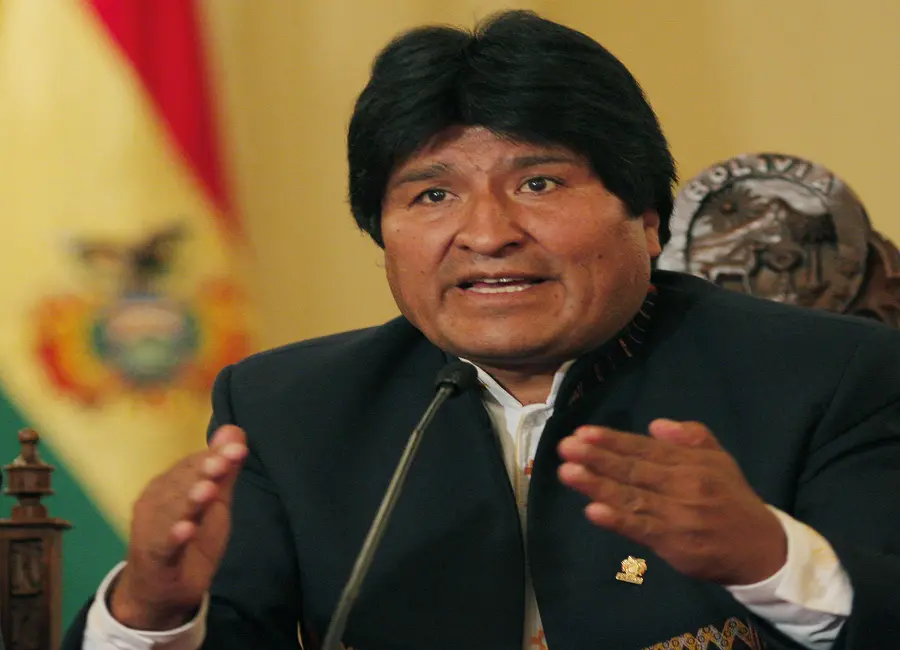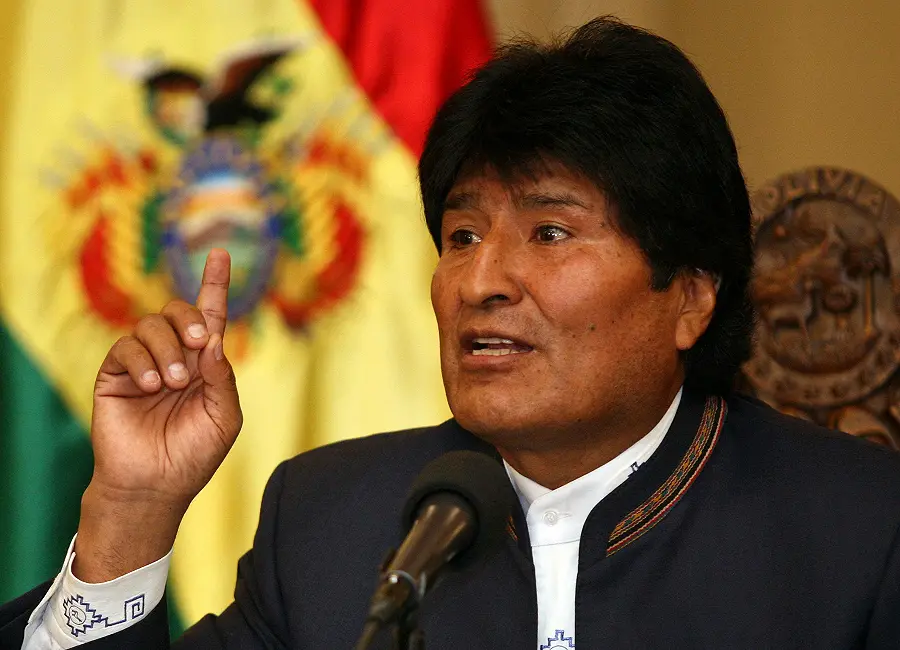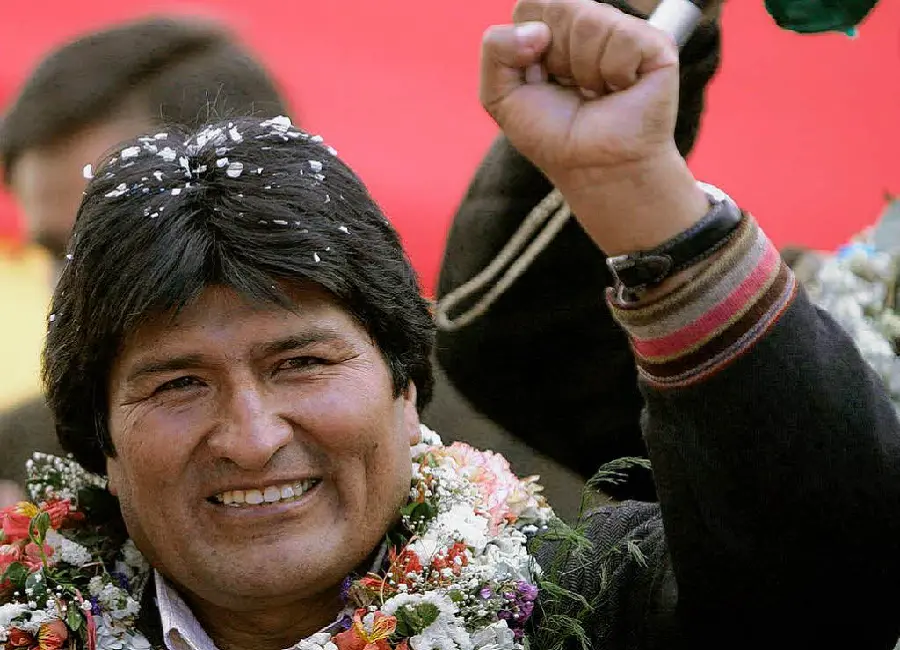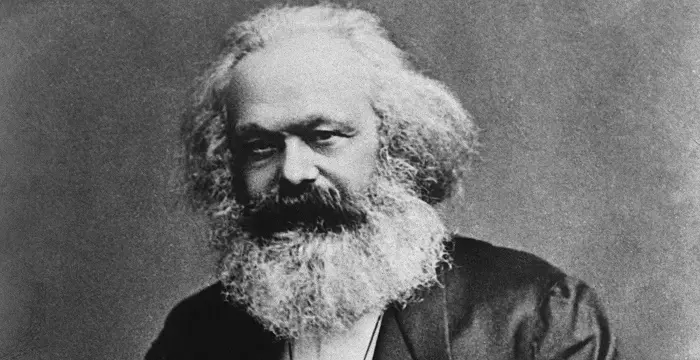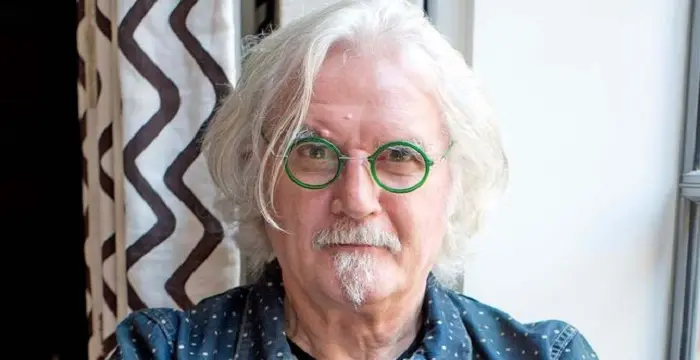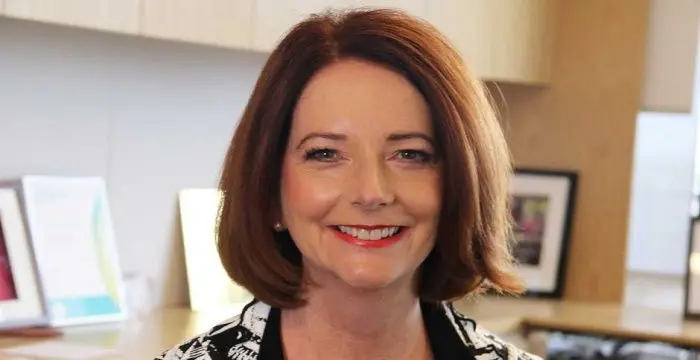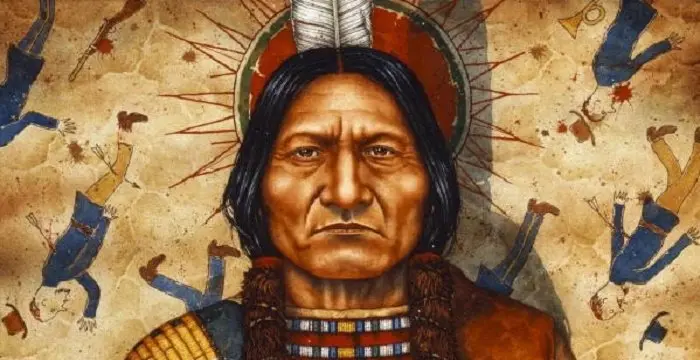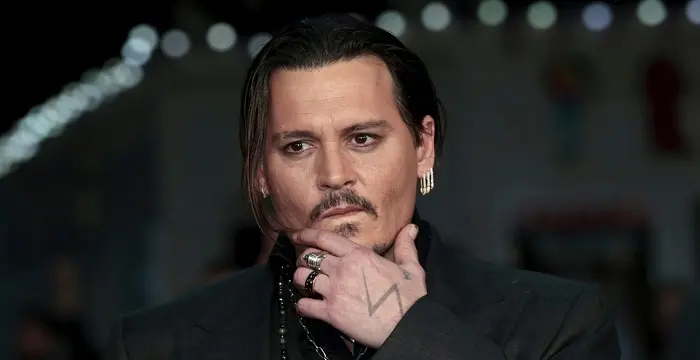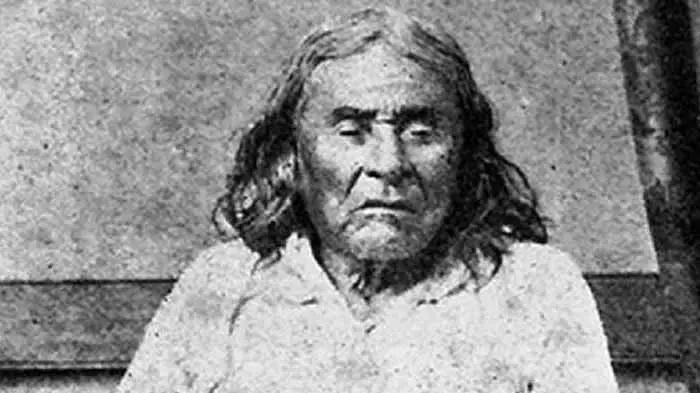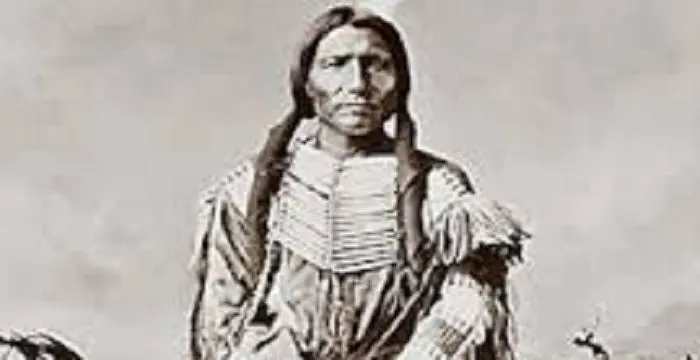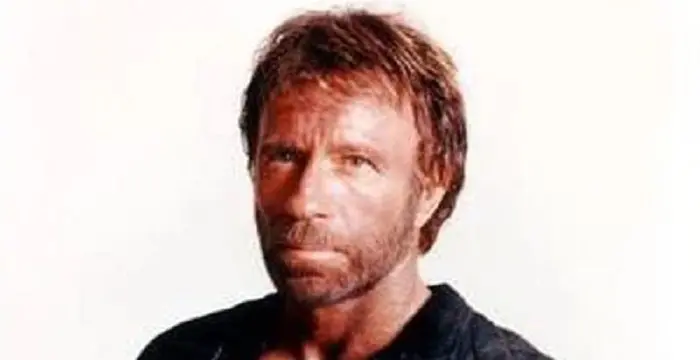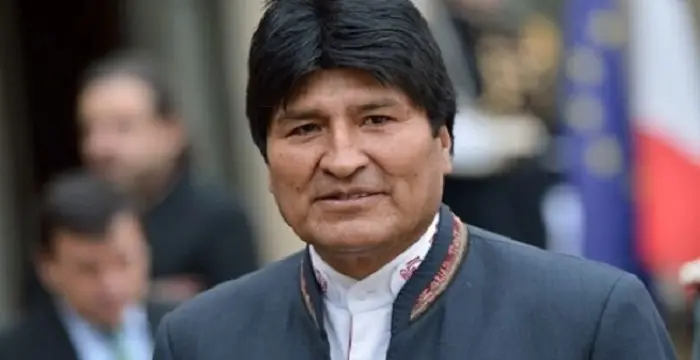
Evo Morales - President of Bolivia, Family and Life
Evo Morales's Personal Details
Currently serving his third term as the President of the Bolivia, Evo Morales is known for implementing various social and economic reforms
| Information | Detail |
|---|---|
| Birthday | October 26, 1959 |
| Nationality | Bolivian |
| Famous | Native Americans, Socialists, Leaders, Presidents, President of Bolivia |
| Ideologies | Socialists |
| Siblings | Esther Morales Ayma, Hugo Morales |
| Known as | Juan Evo Morales Ayma, Evo, President Evo Morales |
| Childrens | Álvaro Morales Paredes, Eva Liz Morales Alvarado |
| Founder / Co-Founder |
|
| Birth Place | Orinoca Canton |
| Religion | Catholicism |
| Gender | Male |
| Father | Dionisio Morales Choque |
| Mother | Maria Mamani |
| Net Worth | $.5 Million as of Jan 24,2017 |
| Sun Sign | Scorpio |
| Born in | Orinoca Canton |
| Famous as | President of Bolivia |
Evo Morales's photo
Who is Evo Morales?
Evo Morales is the current President of Bolivia, a post he has been holding since 2006. Born to impoverished indigenous parents in the remote mountainous part of his nation, young Evo learned the value of work by assisting his family in farming and herding to earn a living. After a devastating storm, his family migrated to a coca growing region. An avid sports fan, he learned the skills of leadership while captaining his team and worked equally well as a union organizer. After leading his fellow coca growers on a series of protests and strikes, Evo was persuaded to pursue a political path and was soon elected to the national congress. Despite strong opposition from powerful enemies abroad and domestic resistance to his cause, Morales won the ultimate contest and was swept into power as the country's first indigenous president. After radically reorienting his government, he has led his country on an independent and strongly autonomous path, preferring to spend budgetary windfalls on causes related to social justice over military hardware. Although he has repeatedly clashed with foreign powers, he managed to maintain his hold on the office of president. After winning a recent election, Morales is firmly positioned to guide his country for the foreseeable future.
// Famous Leaders
Edi Rama
Edi Rama is the current Prime Minister of Albania. Check out this biography to know about his childhood, life, achievements, works & timeline.
Tecumseh
Tecumseh was a Native American leader of the Shawnee clan. This biography profiles his childhood, life and timeline.
Khalifa bin Zayed Al Nahyan
Sheikh Khalifa bin Zayed Al Nahyan is the current President of the United Arab Emirates (UAE). Check out this biography to know about his birthday, childhood, family life, achievements and fun facts about him.
Childhood & Early Life
Juan Evo Morales Ayma was born on October 26, 1959 in Isallawi, Bolivia. Both of his parents were ethnic Aymara natives who worked as subsistence farmers in Orinoca Canton.
Evo's father, Dionisio Morales Choque, and his mother, Maria Ayma, had seven children but only three survived past childhood: Evo, his sister Esther and his brother Hugo.
As a child, his favorite past-time was soccer. But he had little time for sports as he worked on his family's farm, planting crops and herding llamas.
Although his family spoke the Aymara language at home, he quickly learned Spanish while attending elementary school in Argentina. He completed his high school studies in Orinoco, Bolivia.
In 1974, Morales attended the ‘Agrarian Technical Institute of Orinoco’ but dropped out before his final year.
A year later, his parents sent him to study in Ororu and he graduated in 1977.
Career
In 1977, after graduation he moved to Chapare Province to begin his mandatory service in the military. The following year, he began touring all over Bolivia, working as a journeyman laborer and bricklayer. He also earned money as a trumpet player, touring with the ‘Royal Imperial Band’.
In 1979, he joined his family in Cochabamba where he learned to grow local crops, including coca. The same year, he joined the trade union for coca growers and was appointed to the position of ‘Secretary of Sports’ there.
In 1982, he was promoted to General Secretary of his region's union syndicate. A year later, Morales and other coca growers were offered $2,500 by the United States government for each acre of coca that they eradicated. Morales refused the payout and began organizing fellow coca growers to resist the offer.
In 1989, he gave a commemorative speech on the anniversary of the ‘Villa Tunari Massacre’. The following day, government agents assaulted him, abandoning him in a remote mountain pass to die.
In 1994, he was arrested by the Bolivian government and brutally beaten while in custody. The next day, thousands of his supporters marched on the jail and he was released soon afterwards.
In 1995, he was arrested again and charged with fomenting a coup. Several of his alleged co-conspirators were badly tortured while in custody but ultimately no one was formally charged in the case. The same year, Morales's union formed a political party, the ‘Assembly for the Sovereignty of Peoples’ (ASP).
In 1996, Bolivia's ‘National Election Court’ ruled the ASP ineligible to stand for elections. The ASP then worked out a vote sharing agreement with a coalition of leftist parties.
In the 1997 elections, he was elected to represent the El Chapare region in the ‘National Congress’.
In 1998, factional infighting led to a schism in the ASP. Morales parted ways to form his own party, the ‘Movement for Socialism’ (MAS).
In 2001, Jorge Quiroga succeeded to the presidency of Bolivia. The United States pressured Quiroga to have him expelled from Congress.
After 140 deputies voted against him, Morales was expelled from the Congress in 2002 for allegedly having used inflammatory language that led to the death of two police officers in a shootout in his home region.
In late 2005, he defeated Jorge Quiroga in the presidential election. Assuming office the following year, he radically re-organized the government, increasing taxation on gas extraction and building large scale programs to combat illiteracy, sexism, poverty and racism.
In 2008, he won a nationwide vote of confidence that he himself initiated, to measure the level of his public support.
In 2009, UNESCO declared that Bolivia was freed of illiteracy. The same year, he was re-elected as president of Bolivia.
In 2013, the plane that was transporting Morales and his presidential entourage was brought down by authorities in Austria. Aviation officials had erroneously been informed that he was smuggling the famed whistleblower Edward Snowden on board.
In 2014, Morales was elected to a third term as president of Bolivia.
Major Works
He is the President of the State of Bolivia since January 22, 2006. The leader is known for his policies aimed at successfully eradicating illiteracy, and improving the economic conditions of the country. He also voices his support for environmentalist causes and rights of indigenous people.
Personal Life & Legacy
Morales is currently single and has never been married. He has two children from different relationships, son Alvaro Morales Paredes and daughter Eva Liz Morales Alvarado.
Trivia
Following Aymara tradition, Evo's placenta was buried in a traditional ceremony.
In 2014, Morales became the oldest professional soccer player in the world. He currently plays for team ‘Sport Boys Warnes’.
// Famous Socialists
Karl Marx
Karl Marx was a Prussian-German philosopher, revolutionary, historian and socialist whose communist ideologies and works laid the foundation for ‘Marxism’. Explore this biography to learn more about his childhood, life achievements, works & timeline.
Billy Connolly
Billy Connolly is a Scottish actor, musician and stand-up comedian. Check out this biography to know about his childhood, family life, achievements and fun facts about his
Julia Gillard
Julia Gillard is a former Prime Minister of Australia and the first woman to hold the position. To know more about her childhood, career, profile and timeline read on
Evo Morales biography timelines
- // 26th Oct 1959Juan Evo Morales Ayma was born on October 26, 1959 in Isallawi, Bolivia. Both of his parents were ethnic Aymara natives who worked as subsistence farmers in Orinoca Canton.
- // 1974In 1974, Morales attended the ‘Agrarian Technical Institute of Orinoco’ but dropped out before his final year.
- // 1977A year later, his parents sent him to study in Ororu and he graduated in 1977.
- // 1977In 1977, after graduation he moved to Chapare Province to begin his mandatory service in the military. The following year, he began touring all over Bolivia, working as a journeyman laborer and bricklayer. He also earned money as a trumpet player, touring with the ‘Royal Imperial Band’.
- // 1979In 1979, he joined his family in Cochabamba where he learned to grow local crops, including coca. The same year, he joined the trade union for coca growers and was appointed to the position of ‘Secretary of Sports’ there.
- // 1982In 1982, he was promoted to General Secretary of his region's union syndicate. A year later, Morales and other coca growers were offered $2,500 by the United States government for each acre of coca that they eradicated. Morales refused the payout and began organizing fellow coca growers to resist the offer.
- // 1989In 1989, he gave a commemorative speech on the anniversary of the ‘Villa Tunari Massacre’. The following day, government agents assaulted him, abandoning him in a remote mountain pass to die.
- // 1994In 1994, he was arrested by the Bolivian government and brutally beaten while in custody. The next day, thousands of his supporters marched on the jail and he was released soon afterwards.
- // 1995In 1995, he was arrested again and charged with fomenting a coup. Several of his alleged co-conspirators were badly tortured while in custody but ultimately no one was formally charged in the case. The same year, Morales's union formed a political party, the ‘Assembly for the Sovereignty of Peoples’ (ASP).
- // 1996In 1996, Bolivia's ‘National Election Court’ ruled the ASP ineligible to stand for elections. The ASP then worked out a vote sharing agreement with a coalition of leftist parties.
- // 1997In the 1997 elections, he was elected to represent the El Chapare region in the ‘National Congress’.
- // 1998In 1998, factional infighting led to a schism in the ASP. Morales parted ways to form his own party, the ‘Movement for Socialism’ (MAS).
- // 2001In 2001, Jorge Quiroga succeeded to the presidency of Bolivia. The United States pressured Quiroga to have him expelled from Congress.
- // 2002After 140 deputies voted against him, Morales was expelled from the Congress in 2002 for allegedly having used inflammatory language that led to the death of two police officers in a shootout in his home region.
- // 2005In late 2005, he defeated Jorge Quiroga in the presidential election. Assuming office the following year, he radically re-organized the government, increasing taxation on gas extraction and building large scale programs to combat illiteracy, sexism, poverty and racism.
- // 22nd Jan 2006He is the President of the State of Bolivia since January 22, 2006. The leader is known for his policies aimed at successfully eradicating illiteracy, and improving the economic conditions of the country. He also voices his support for environmentalist causes and rights of indigenous people.
- // 2008In 2008, he won a nationwide vote of confidence that he himself initiated, to measure the level of his public support.
- // 2009In 2009, UNESCO declared that Bolivia was freed of illiteracy. The same year, he was re-elected as president of Bolivia.
- // 2013In 2013, the plane that was transporting Morales and his presidential entourage was brought down by authorities in Austria. Aviation officials had erroneously been informed that he was smuggling the famed whistleblower Edward Snowden on board.
- // 2014In 2014, Morales was elected to a third term as president of Bolivia.
- // 2014In 2014, Morales became the oldest professional soccer player in the world. He currently plays for team ‘Sport Boys Warnes’.
// Famous Native Americans
Tecumseh
Tecumseh was a Native American leader of the Shawnee clan. This biography profiles his childhood, life and timeline.
Sitting Bull
Sitting Bull was a Teton Dakota Indian chief who led Sioux tribes in their struggle for survival on the North American Great Plains.
Johnny Depp
Johnny Depp is a famous Hollywood actor renowned for his roles of Captain Jack Sparrow in the ‘Pirates of Caribbean’ movies. To know more about his childhood, profile, career and timeline read on the following biography
Chief Seattle
Chief Seattle was a famous 19th century American Indian chief of the Duwamish Tribe and the Suquamish Tribe. Explore this biography to learn more about his profile, childhood, life and timeline.
Crazy Horse
Crazy Horse was one of the most celebrated Native American warriors to have ever lived. This biography profiles his childhood, family, personal life, career, etc.
Chuck Norris
Chuck Norris is a martial artist and actor who founded his own school of martial art, Chun Kuk Do. This biography of Chuck Norris provides detailed information about his childhood, life, achievements, works & timeline.
Evo Morales's FAQ
What is Evo Morales birthday?
Evo Morales was born at 1959-10-26
Where is Evo Morales's birth place?
Evo Morales was born in Orinoca Canton
What is Evo Morales nationalities?
Evo Morales's nationalities is Bolivian
What is Evo Morales ideologies?
Evo Morales's ideologies is Socialists
Who is Evo Morales siblings?
Evo Morales's siblings is Esther Morales Ayma, Hugo Morales
Who is Evo Morales childrens?
Evo Morales's childrens is Álvaro Morales Paredes, Eva Liz Morales Alvarado
Which company or organization was founded by Evo Morales?
Evo Morales was the founder/co-founder of Movement for Socialism
What is Evo Morales's religion?
Evo Morales's religion is Catholicism
Who is Evo Morales's father?
Evo Morales's father is Dionisio Morales Choque
Who is Evo Morales's mother?
Evo Morales's mother is Maria Mamani
What is Evo Morales's sun sign?
Evo Morales is Scorpio
How famous is Evo Morales?
Evo Morales is famouse as President of Bolivia
